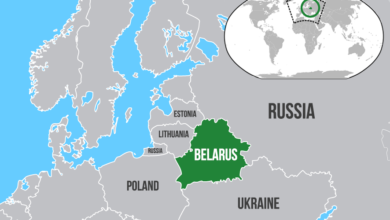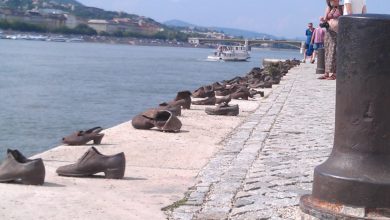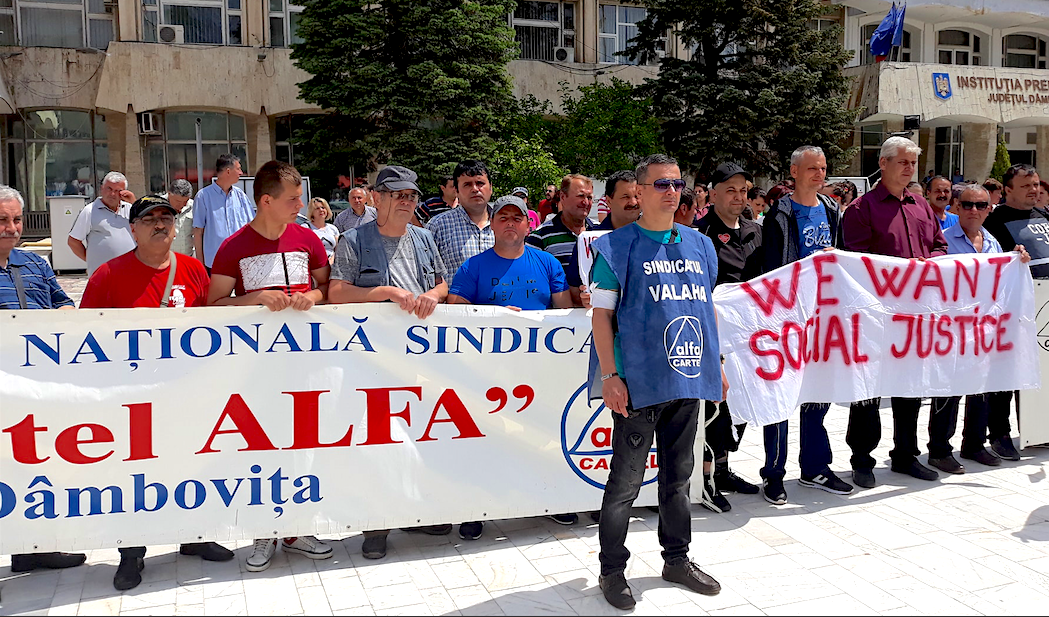Protesters in Europe are extending their solidarity to the struggle unfolding in Greece, where demonstrators show no sign of losing steam after a week of actions. The mass protests erupted after police killed 15-year-old Alexandros Grigoropoulos on Dec. 6, with at least 100 schools and 15 universities have come under student occupation.
|
The killing of Grigoropoulos served as a catalyst for a social explosion that has been building up in Greece for some time. Before police killed the young boy, a nationwide general strike had been called for Dec. 10 in response to layoffs and attacks on workers’ pensions and salaries, and in defense of the right to education and health care. The movement quickly expanded its demands to include the condemnation of state repression in the wake of nationwide protests.
Thousands of workers, including many members of the Communist Party of Greece, took to the picket lines for the general strike, shutting down factories and stores, stopping ships, and countering strikebreaking mechanisms. Tens of thousands of workers, students and entire families with their children defied the climate of fear to take part in the rallies. The broad social mobilization challenged state and para-state mechanisms of repression, and workers refused to cower before intimidation from employers.
The situation for Prime Minister Kostas Karamanlis’ ruling right-wing party New Democracy has became worse after the two labor confederations—the private-sector Greek General Confederation of Workers and the public-sector Civil Servants Supreme Administrative Council—disregarded the governments’ plea to avert a general strike. The unions are demanding increased social spending in the face of the global economic crisis.
The teachers’ unions in primary and high schools went on strike Dec. 9, the day of Grigoropoulos’s funeral, so that students could attend. The professors’ union also called a three-day strike starting Dec. 8. Thousands attended the funeral in remembrance of the slain student.
Students from almost all high schools have walked out of their classes in protest, shutting down traffic in their communities and surrounding their local police stations. The atmosphere is reminiscent of March 2003, when tens of thousands of youths spontaneously walked out of schools to demonstrate against the war in Iraq.
Neoliberal government attacks on social programs and public spending, including a 2004 attempt to privatize universities, have produced major discontent in the country. Public outrage has been exacerbated by increased police brutality reminiscent of tactics used by the U.S.-backed fascist junta that ruled the country until 1974. Mass discontent has also been fueled by harsh anti-immigrant policies, which recently led to the killing of a Pakistani immigrant by riot police.
Much of the international media have focused on street riots and property destruction as a way to discredit and delegitimize the organized mass movement taking hold in the streets and workplaces in Greece. This organized, militant core is building a fight-back struggle capable of countering the right-wing, anti-worker offensive in Greece, and deserves the full support of workers around the world.







